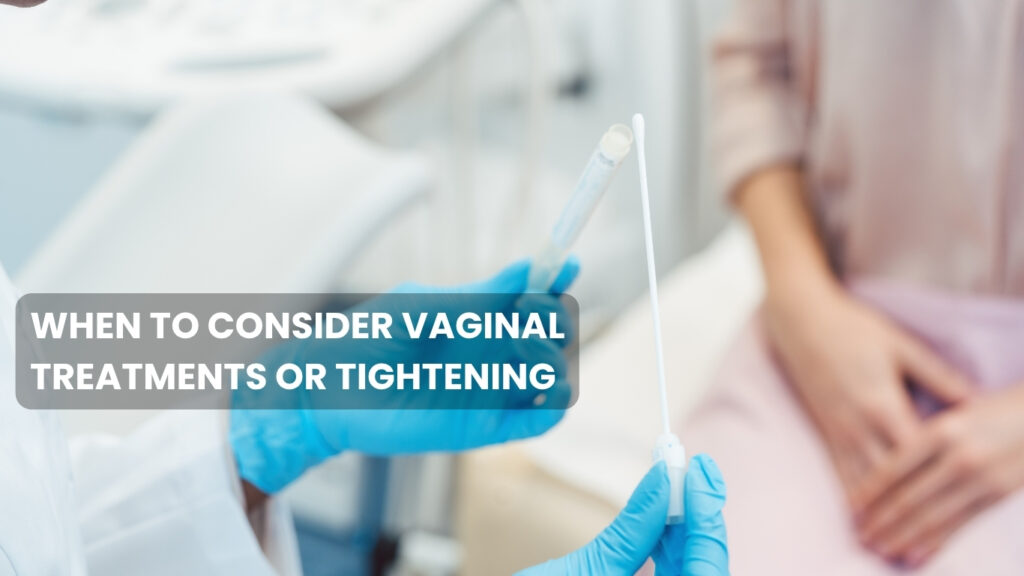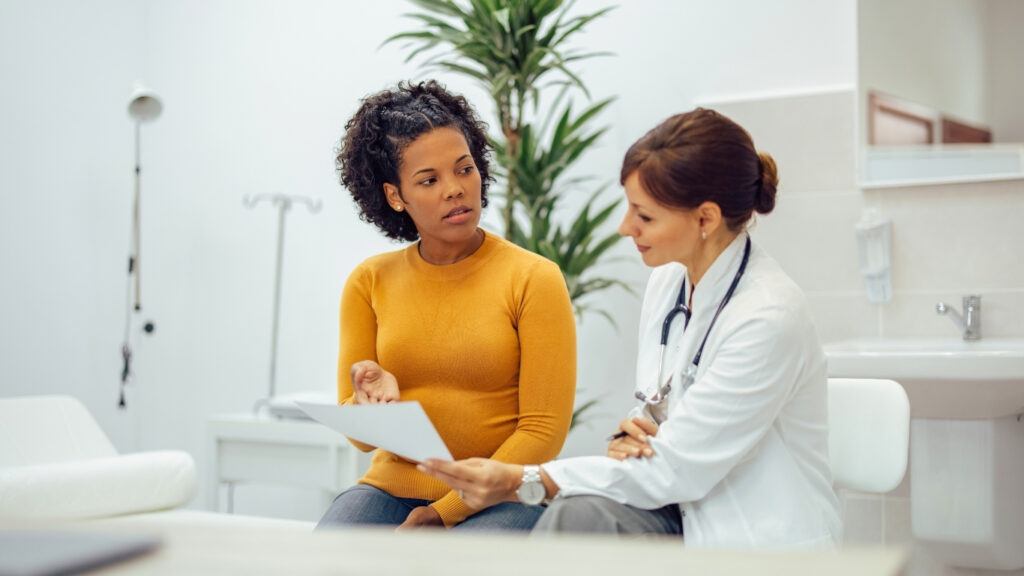Why Vaginal Health Matters for Every Woman
Vaginal health is a vital part of a woman’s overall wellness. When the vaginal area is well cared for, it helps support a balanced reproductive system, strong immunity, and better comfort in daily life. Practicing good feminine hygiene is more than a cleanliness habit it’s part of proactive self-care.
At East Coast OBGYN, we believe in educating and empowering women at every stage of life. Whether you’re experiencing discomfort or just want to learn how to maintain vaginal health, staying informed is the first step to long-term wellness.
Healthy Vaginal Signs: What to Look For
Understanding what’s normal for your body helps you recognize when something might be off. Some healthy vaginal signs include:
- Clear or milky-white discharge with a mild scent
- A naturally acidic pH (around 3.8–4.5)
- No itching, irritation, or burning
Minor changes in discharge or odor may occur during your menstrual cycle, pregnancy, or after sex. However, strong odors, itching, or unusual discharge colors can signal an imbalance or infection.
Everyday Practices for Maintaining Vaginal Health
Wondering how to maintain vaginal health every day? It starts with simple habits:
Safe Cleansing Routines
Use lukewarm water to gently clean the external vulva area. Avoid inserting soaps or washes inside the vagina, which is self-cleaning by design.
Are Vaginal Washes Safe?
Some unscented, pH-balanced vaginal washes may be safe for external use, but they’re not necessary. Overuse may disrupt the natural flora and pH balance.
Underwear and Douching
Choose breathable cotton underwear and avoid tight, synthetic fabrics. Also, skip douching—it can remove healthy bacteria and increase the risk of infections.

Foods and Lifestyle Habits That Support Vaginal Balance
Diet Tips
Foods rich in probiotics like yogurt and fermented products can promote vaginal balance. Staying hydrated and eating plenty of fruits and leafy greens also supports healthy flora.
Lifestyle Habits
Wearing tight clothing, excessive sweating, or poor hygiene can trap moisture and disrupt the vaginal environment. Practicing good hygiene after workouts and choosing loose, breathable fabrics can help maintain balance.
How Antibiotics and Scented Products Impact Vaginal Health
Antibiotics and Yeast Imbalance
Antibiotics don’t discriminate they kill both harmful and good bacteria. This disruption can lead to yeast overgrowth and discomfort.
Scented Products to Avoid
Scented soaps, sprays, and pads may smell pleasant but often contain irritants. These products can cause itching, burning, and even infections. Stick to fragrance-free options when choosing personal care items.
Understanding Vaginal pH and Why It’s Important
What Is Vaginal pH?
The vagina’s natural pH is slightly acidic, typically between 3.8 and 4.5. This acidity helps maintain healthy bacteria and prevent infections.
Factors That Disrupt pH
Things like antibiotics, douching, hormonal changes, and scented products can alter vaginal pH. To protect your vaginal health, focus on habits that support balance—like hydration, proper hygiene, and avoiding irritants.
Preventing Vaginal Infections: Tips You Can Use
Common Infections
Yeast infections, bacterial vaginosis, and UTIs are the most common vaginal infections. Symptoms may include unusual discharge, odor, itching, or burning.
When to See a Gynecologist
If symptoms persist or worsen, consult a professional. Preventing vaginal infections is easier when treatment begins early. Regular check-ups and understanding your body’s signals are key to early detection.

When to Consider Vaginal Treatments or Tightening
Available Options in Flushing Queens
Women who experience dryness, laxity, or discomfort may consider vaginal treatment in Flushing Queens. Non-surgical options are available for restoring tightness, improving moisture, and enhancing comfort.
Who Might Benefit
A vaginal tightening procedure may benefit women post-childbirth, during perimenopause, or those experiencing discomfort during intimacy. Visiting a certified vaginal tightening clinic ensures safe, professional care. Always consult with an expert like those at East Coast OBGYN to understand if it’s the right choice for you.
Scheduling Regular Check-Ups: Gynecologist Tips for Women
How Often Should You Get Checked?
Most women should see their gynecologist annually, even if they feel healthy. Screenings like Pap smears, pelvic exams, and STI testing are essential for ongoing vaginal health.
What to Expect at an Appointment
Expect a discussion of your symptoms, lifestyle habits, and sexual health. Your doctor will also perform a physical exam and recommend personalized care plans. Following these gynecologist tips for women can help catch concerns early and maintain a strong foundation for reproductive health.
Final Thoughts: Empowered Care for Lifelong Vaginal Health
Knowing how to maintain vaginal health empowers you to take control of your body and well-being. With the right habits, regular check-ups, and support from professionals like East Coast OBGYN, you can stay healthy and confident throughout all stages of life.
FAQs
What’s the best way to maintain vaginal health?
Practice good hygiene, avoid douching, wear breathable underwear, stay hydrated, and eat probiotic-rich foods.
Are vaginal washes safe?
Most women don’t need them. If you choose one, ensure it’s unscented and pH-balanced for external use only.
Should I avoid tight underwear?
Yes. Tight or synthetic underwear can trap moisture and irritate the vaginal area. Opt for breathable cotton options.
How often should I get checked?
Schedule an annual gynecologist visit, even if you feel healthy, for screenings and early detection of any concerns.
What foods promote vaginal health?
Yogurt, fermented foods, leafy greens, and plenty of water help maintain a healthy vaginal environment.
Can antibiotics affect vaginal balance?
Yes. Antibiotics can kill beneficial bacteria, increasing the risk of yeast infections. Taking probiotics during treatment may help.
Are scented products harmful?
Scented soaps, sprays, and pads can irritate the vagina and disrupt its natural balance. Stick to fragrance-free products.
What is vaginal pH, and why does it matter?
Vaginal pH is the level of acidity. An ideal range (3.8–4.5) supports healthy bacteria and prevents infections. Disruptions can lead to discomfort or infection.

